Normal vs. Abnormal
When first diving into the realm of self-exploration, individuals often ask themselves the question, “is that normal?” This question is often the one that prevents us from being vulnerable with ourselves or others. We are so afraid that the answer will be, “no.” Thus resulting in a terrifying reality that, “I am weird, deviant, disturbed, abnormal, [insert negative adjective here].” And if we are “abnormal,” then how could we possibly be worthy, loved, appreciated, valued, etc. Whew! That was an exhausting progression, wasn’t it? Since this subject can quickly overwhelm. Let’s start by dissecting definitions.
A common and academic way to define, “abnormal” is: if the individual’s feelings or behaviors are interfering with the individual’s ability to live a comfortable and healthy life. This “maladaptiveness standard” is used very commonly in the realm of therapy because of its ability to be malleable to individual contexts and environments. And still, with this working definition of “abnormality,” assessing abnormal emotional and behavioral experiences can be challenging. Now if we were to envision “normalcy,” we often imagine people who fit into the status quo. They abide by generally accepted cultural expectations. And therefore, their behavior does not interfere with pursuing a healthy life.
“How do you feel about these definitions? ”
How do you feel about these definitions? Do they anger you? Do they incite more questions? Do they make you feel safe and secure? Look at us! We’re getting curious and exploring/questioning our own values and motivations. For me, these definitions are a reference for my work and yet also hold limited value in the work I actually do with others. I’m playing with these definitions as I learn more about someone. However, it’s very important to note that these definitions are never used to judge, stereotype, or manipulate clients. I often reference a client’s own experience when identifying normalcy. Some common questions could include: Do you feel like your responses, interactions, thoughts, and behaviors are typical for you? How did you arrive at that conclusion? Do these outcomes provide pain or pleasure? How do you hope your experiences could be different or remain the same? But I feel like these same questions could be used for a number of other topics that have nothing to do with a discussion of normalcy. I also understand that checking in with someone else (especially a professional) about our experiences, impulses, and actions, can be stabilizing. So if you feel like you must use the template of normalcy to start your healing journey, I recommend remaining curious and avoid judging yourself. Because when we start to attach judgement to these working definitions, we often do more harm to ourselves and can inadvertently stunt our own growth.
